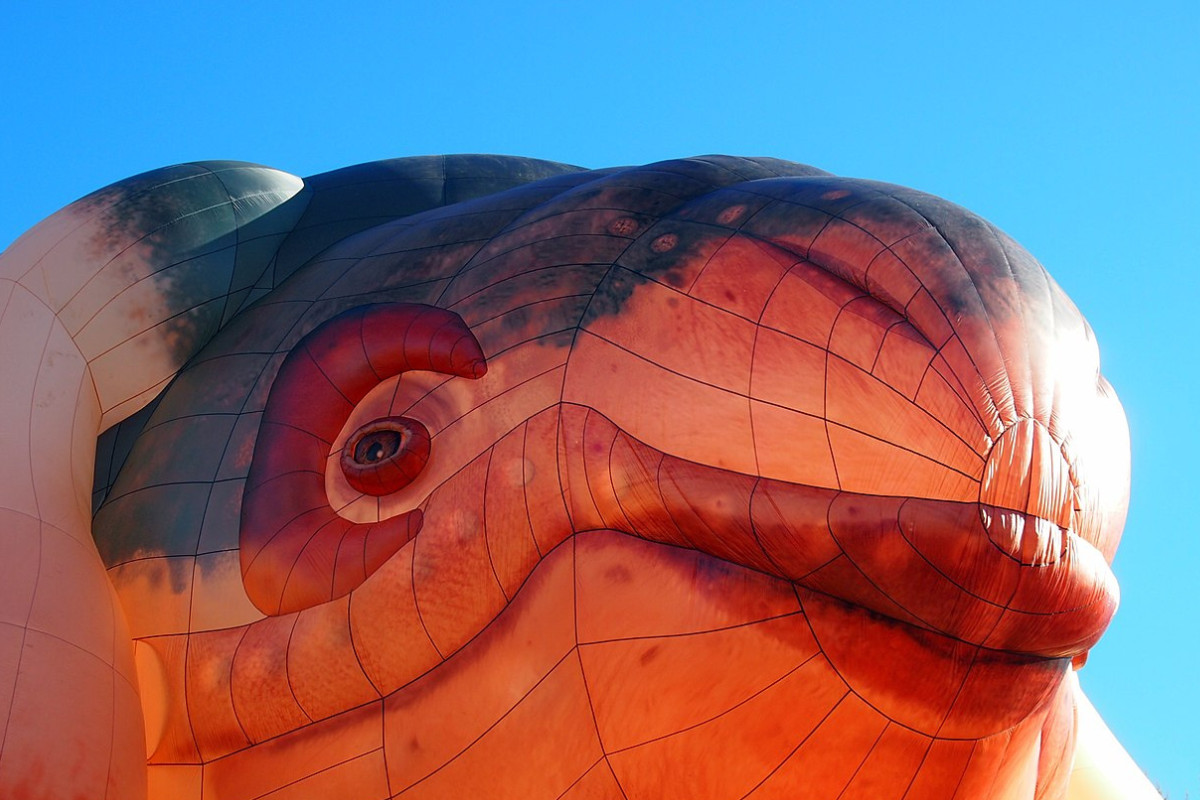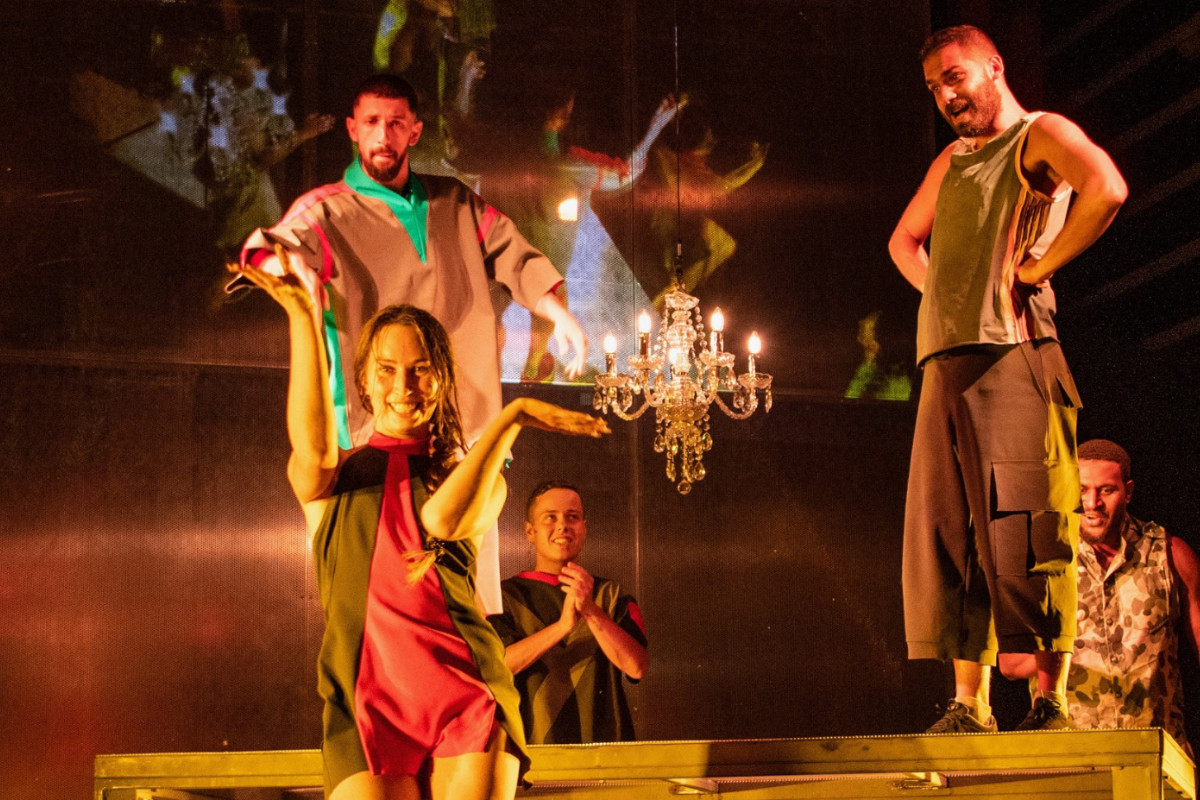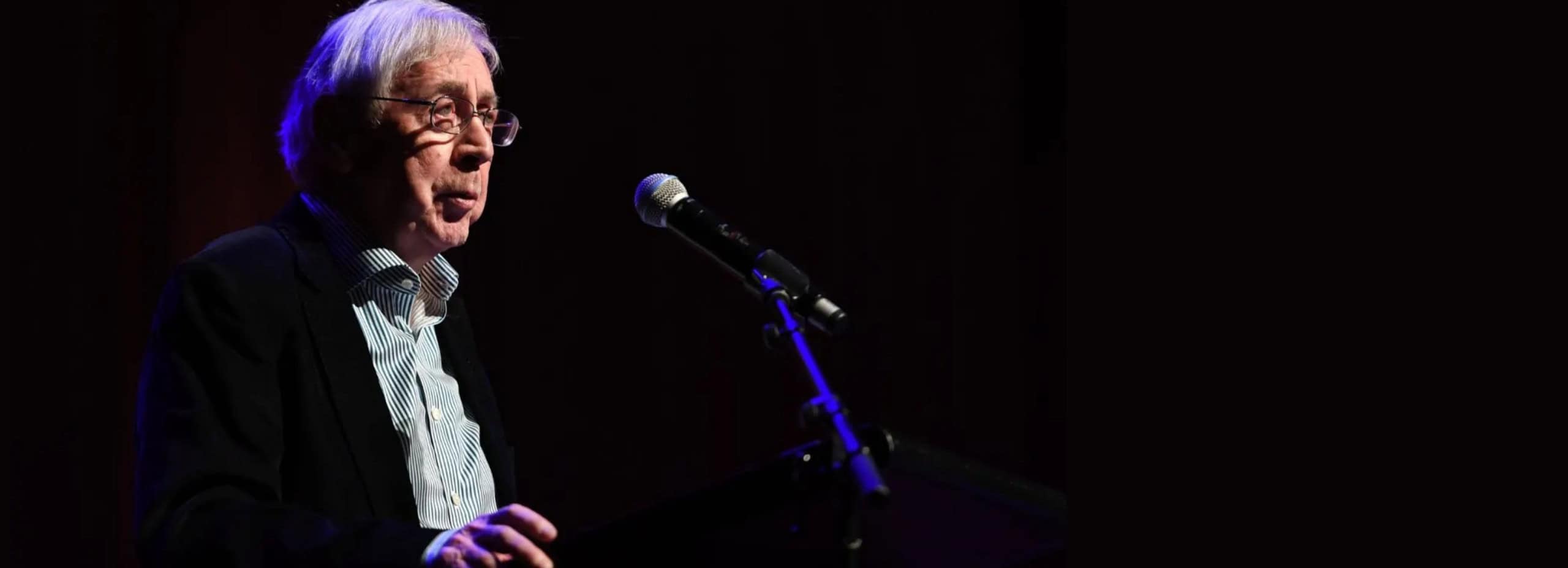
‘It was books before everything else,’ Colin Steele AM FAHA says as he overlooks the Chifley Library at the Australian National University. The library houses notable collections of social sciences and humanities research—a collection Colin built meticulously during his time as University Librarian.
‘And it’s all still about books. Everything I do is because of books. Growing up, my Aunt was the Chair of the Library Committee in Hartlepool, England, and I became the school librarian at the local grammar school and then Hall Librarian at the University of Liverpool. So, from the beginning, books were always a part of my life.’
It’s not an understatement to say Colin is a great champion of literature. We’d met the night before at a Meet the Author event at the Australian National University for Karen Viggers’ latest novel, Sidelines—it sold out 140 copies.
It’s a testament to the success of the Meet the Author series, which Colin established in 1986, and partners with Australian National University and the Canberra Times to deliver.
Bringing big authors to Canberra
With over 750 Meet the Author events under his belt, Colin has welcomed standouts like former Prime Minister of Australia Kevin Rudd, Behrouz Boochani FAHA, Bryce Courtenay, Stan Grant, and Trent Dalton—but there are authors he’d still love to host.
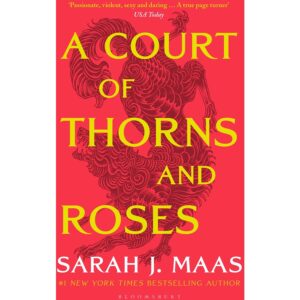
‘Have you heard of Sarah J Maas?’ he asks.
At first, I’m not sure I’ve heard him correctly. Maas writes uber-popular high fantasy novels about princes, assassins and fairies behaving badly. Her books sell millions, and she has a legion of fans, many of whom credit her for giving them the ‘reading bug’. How is it that someone like Colin Steele, the lofty librarian with 50 years’ experience, is also into Maas?
Colin has reviewed Science Fiction and Fantasy for over five decades. In 2005, he donated his large Science Fiction and Fantasy collection to the Fisher Library at Sydney University.
He reflects on Maas, ‘I think she’s just incredible in how she reaches an audience. She’s one of those authors who’s all over TikTok and it’s great to see people pick up her books and begin to love reading.’
It’s clear that seeing people revel in books, either in-person or online, brings Colin unparalleled joy — the same joy spurred him to pursue a career in librarianship.
The shifting landscapes of libraries
Colin grew up in Hartlepool, England and graduated in 1965 with honours from Liverpool University, specialising in Latin American and North American history. Colin’s postgraduate degree in Library and Information Studies at the University College, London specialised in Latin American bibliography.
He joined the Bodleian Library at the University of Oxford as a trained librarian, at a time when the majority of librarians were established scholars.
‘It used to be in Bodley that there were very few professional librarians they were all academics—but now we see very few scholar librarians in University libraries.’
‘I think it’s important to have a balance. It helps us appreciate academia better, and to serve students and researchers better. We are perhaps seeing more scholarly librarians in state and national universities than we are in universities, and I think that’s a shame.’
After holding positions at the Bodleian Library at the University of Oxford, Colin moved to Australia o to take up a role as Deputy Librarian at the Australian National University.
Under his leadership, the library passed one million, then two million physical books. He launched the first library website in Australia, the first digital repository and the first University e-Press. In recognition of these pioneering efforts, the library was awarded the national VALA for innovation in computing and networking in 1994.
A digital revolution
Before I sat down with Colin, I sent him an excerpt of former Academy President, Emeritus Professor Ian Donaldson’s 1989 speech, Cuts, crises, and departing kisses: The future of research in the humanities, which touched Sir Redmond Barry’s ‘ambitions’ of a public library in 1854.
Sir Redmond Barry’s ambitions for Melbourne University, for the National Gallery of Victoria, and for the Melbourne Public Library (for example) were on the grandest scale. He intended the Melbourne Public Library to be one of the great libraries in the world, second only to the British Museum, the design of whose Reading Room Barry deliberately emulated, ensuring that the Melbourne cupola was, significantly, slightly higher than that of the British Museum and higher also than the Pantheon.
In a two-hour address to the workmen constructing the building, Barry surveyed the history of other great libraries of the world, beginning in ancient Egypt, and pointing out to the workers that the main hall of the Melbourne library was bigger than Westminster Hall and the naves of all but four of the British cathedrals.
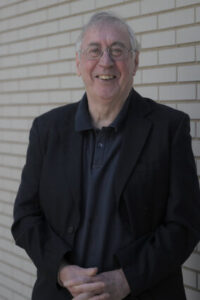
‘I mean, that’s too idealistic for Ian Donaldson to have similar thoughts in 1989,’ Colin laughs.
But he does suggest the one thing we can glean from Barry’s ambition is a sense of space. There is simply not enough space dedicated to the proper archiving of our history.
‘While the digital is fantastic, I’m of the rather controversial opinion it’s gone too far. Now we see a lot of librarians saying ‘well, why do we need a physical copy of this book when we have a digital copy?’
But maintaining a robust collection of digital, print, and audio content is not cheap.
‘Then when the budget cuts come — and they always come these days — libraries often deprioritise physical collections. Mostly it is justified by how people access content.’
‘But digital is very fragile,’ Colin continues. He references the cyberattack on the British Library in late 2023, which left much of its digital collection and infrastructure inaccessible.
‘If something was corrupted, or attacked, you could have researchers waiting weeks, if not months, to access resources required for their research—especially if the library doesn’t have access to printed copies, or if other libraries in the network are similarly impacted. That is the risk these decisions bring.’
Where do collections go when collectors stop collecting?
‘Every week, I go to the Fyshwick markets, and I browse the Lifeline bookshop. I love browsing the shelves but I also find it deeply, deeply depressing,’ Colin says, describing the academic books he’s found recently: perfect condition hard backs, with dust covers, inscribed with signatures of famous people, often from the collections of famous Australians.
‘Australian University libraries do not have the capacity to preserve significant donated collections—even on Australian history,’ he says.
‘We’re experiencing academics dying and leaving significant research collections, but libraries don’t have the space or budgets to process. Even if we can’t process collections for public or academic libraries, we should store major and significant collections in a national repository.’
The National Library of Australia, like many other national cultural institutions has had significant budget cuts and significantly reduced its acquisitions, particularly of overseas material.
Colin, himself, has donated over four decades significant collections to libraries in Sydney and Canberra, spanning from his research in Latin-America to science-fiction and fantasy critical works and Australian literature.
Changing of the guard
Colin Steele left his role as University Librarian in 2002, but since then has been significantly involved in scholarly communications issues. He’s seen digital collections grow exponentially, and the study of librarianship change. It’s clear the future of libraries—and their collections—is fragile without strong leadership.
‘I think there’s a lot to say about the historical stereotype of a librarian—the woman who says ‘shush’— which dissuades young people from studying or seeing it as a serious, intellectual profession.
That, in turn, impacts leadership. If university students do not understand the profession, you’re not going to get those dynamic librarians with new ideas coming in.’

